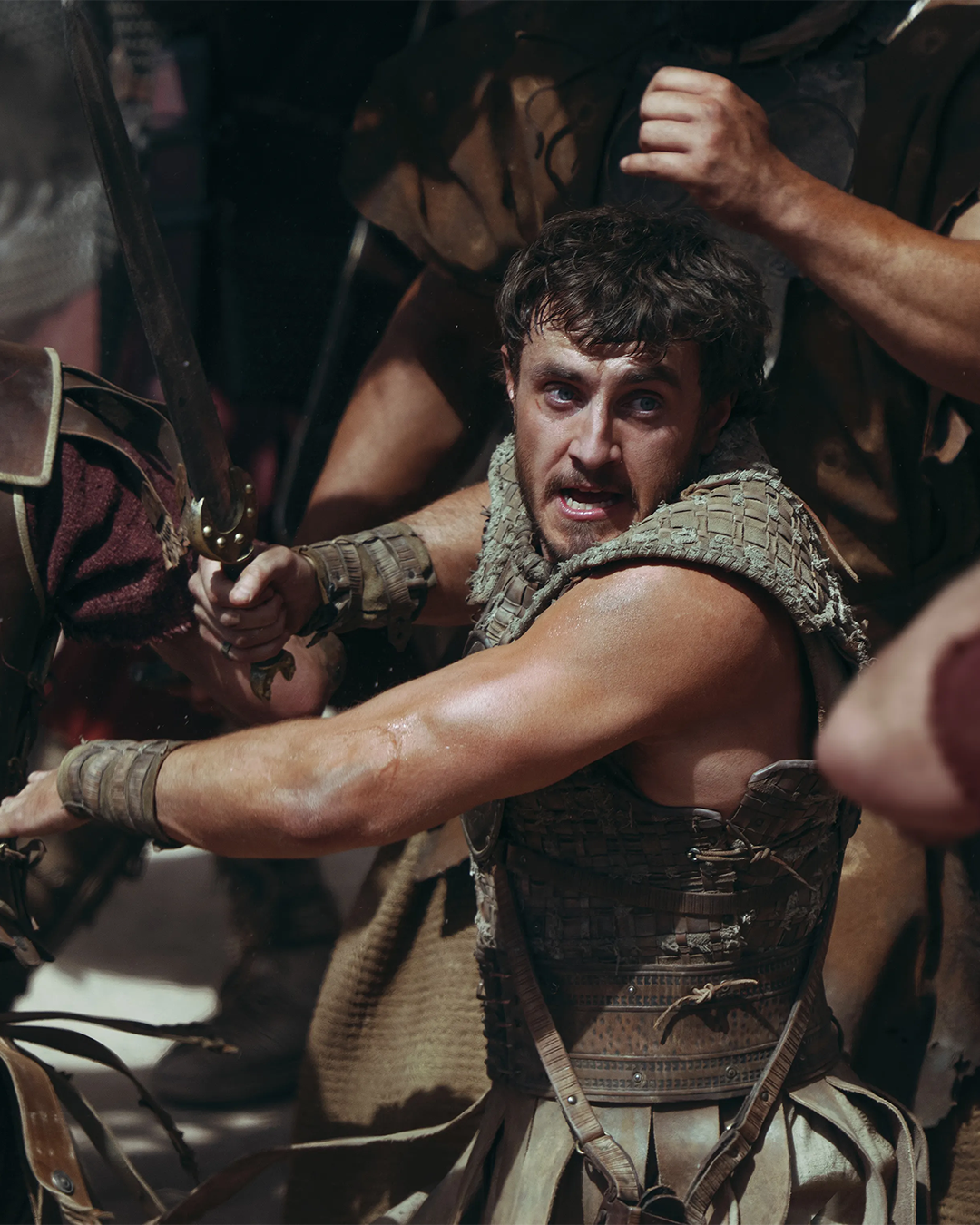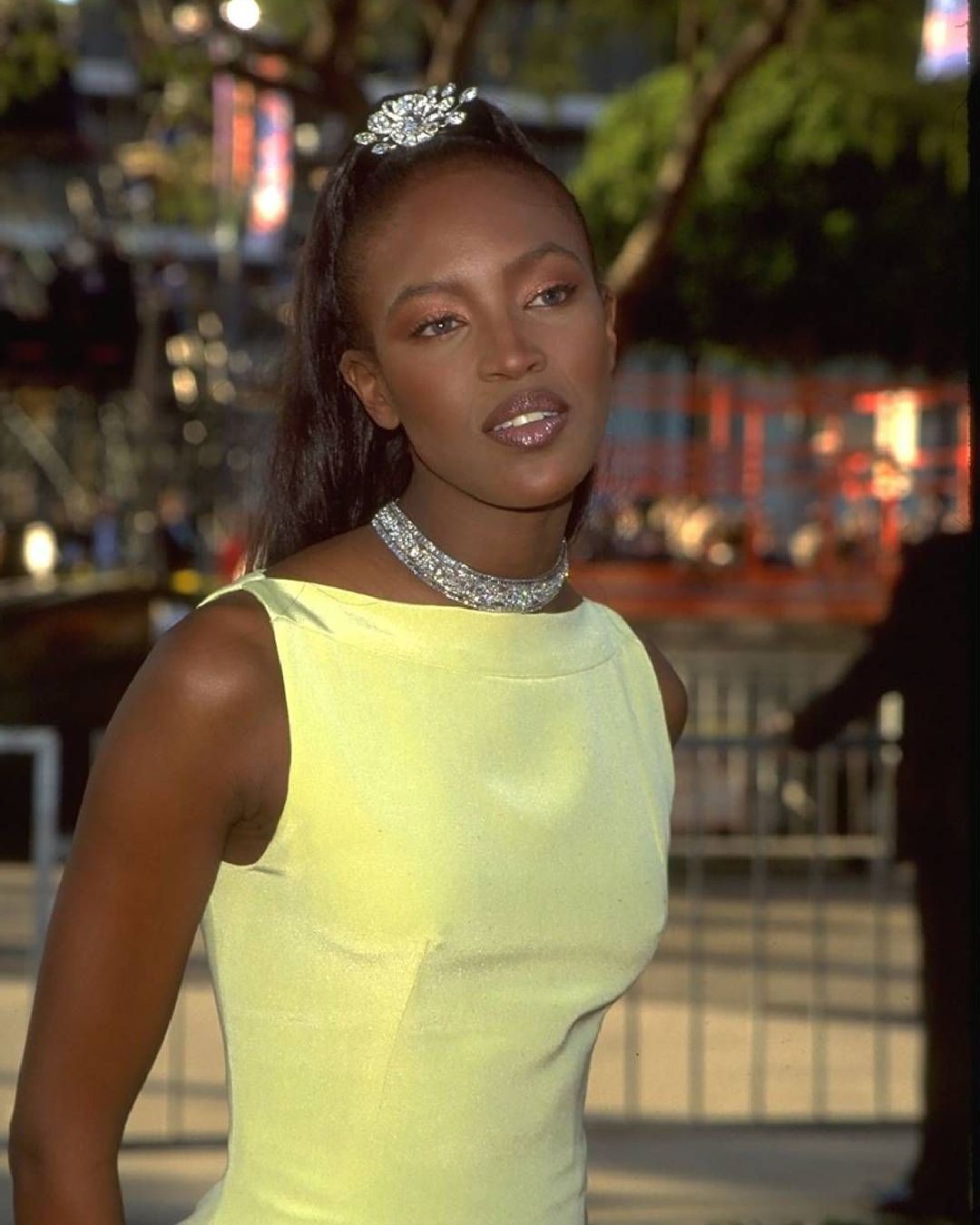
No one understands whether "Napoleon" is a disaster or not Analyzing the narrative of Ridley Scott's latest epic film
"Napoleonic battles are like vast, lethal ballets... possessing an aesthetic brilliance appreciated beyond military minds," Stanley Kubrick's words on the uncompleted Napoleon biopic. Ridley Scott's Napoleon film, a divisive blend of historical narrative and alleged inaccuracies, explores the enigmatic leader's essence. Is it an anti-French portrayal or a nuanced separation of the general from the emperor? Scott's focus on Napoleon's military prowess, portrayed as a grand spectacle, sparks debates on his true nature – revolutionary icon or power-hungry dictator? Beyond historical scrutiny, Scott aims to capture Napoleon's soul through epic battles, turning war into an art form. The film's visual grandeur echoes historic epics, emphasizing the significance of image over words. In a cinematic nod to silent film classics like Abel Gance's 1927 Napoléon, Scott's Napoleon embraces monumental staging, showcasing the unique synergy of camera movements and orchestral compositions. Renowned composer Martin Phipps contributes a distinct sonic landscape, highlighting Napoleon's outsider status and relentless ambition. The film's musical narrative, featuring songs reflecting different phases of Napoleon's era, becomes a compelling thread linking his rise and fall. Ridley Scott's Napoleon is a visual and auditory journey through an era defined by warfare, ambition, and the timeless pursuit of power.
Despite claims of an anti-French bias, Scott's portrayal potentially separates the warrior from the emperor, emphasizing Napoleon's attraction to war over courtly roles. Peter Hicks, a historian, notes Napoleon's popularity derived from military triumphs. Scott's deliberate focus on battles like Austerlitz and Waterloo may oversimplify, yet it accentuates the grandeur of an emperor struggling with ambition and ego. Scott's belief that images speak louder than words finds expression in the film's breathtaking sequences, reminiscent of silent film epics. In crafting Napoleon's sonic journey, composer Martin Phipps distinguishes the film, using music to delve into the conqueror's psyche. The film associates specific songs with Napoleon's phases, creating a musical dialogue with his tumultuous life. Ridley Scott's Napoleon transcends historical critique, offering a cinematic spectacle that intertwines visuals and music, echoing the timeless saga of a man torn between ambition and destiny.
Ridley Scott has released a statement on the historical inaccuracies in his new epic ‘Napoleon’:
— James C Warne (@JamesCWarne) November 19, 2023
‘It’s a fucking film mate. Get a life’ pic.twitter.com/NWYnsDFecy
Napoleon is a film that claims grand staging, the structuring of epic battles, a realm where only cinema can carry it with grace. The sequences are nothing short of marvelous, clear, capable of asserting the structure found in silent films, a cornerstone for historical epics. Notably, one of the first silent films set on the battlefield, Napoléon by Abel Gance in 1927, achieved great success. What made these films unique? Their sound structure, the perfect union between camera movements and the orchestra's synchronization, directly incorporated into the scene. This is precisely what Martin Phipps achieves, an exceptional composer who consistently analyzes the perfect correlation between power and its consequences. In The Crown, the British composer sought to establish a connection between the emotional aspects of Queen Elizabeth and her family with subjects, delving into the past to reveal the present. With Napoleon, the goal is completely opposite.
His nature as an outsider, not an aristocrat by divine descent, makes him, as analyzed by Phipps himself in Deadline, "a figure out of his time, and the music had to be intentionally unrefined to highlight his aspects as a fighter. We wanted to literally enter his head, into a man who quickly conquers almost the entire world. It's solely his craving that propels him." It's a sonic thread that dictates his rise and fall, and it's interesting how the music becomes the primary means of telling his story. Each phase of the Napoleonic period is marked sonically, with each associated with a song; from revolutionary folk songs to Cyrillic ones that seem to foreshadow the protagonist's decline following the Russian campaign. Fate communicating with the wandering hero.















































